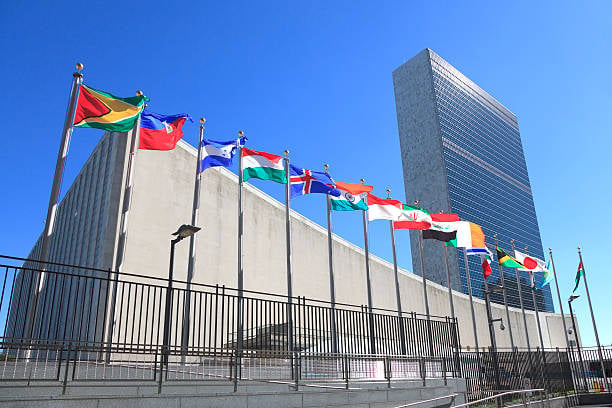In today's interconnected world, VIP events bring together individuals from diverse cultural backgrounds, making effective cross-cultural communication crucial for successful interactions. Whether you are hosting or attending a VIP event, understanding the dos and don'ts of cross-cultural communication can significantly enhance the experience for all involved.
Firstly, it is essential to approach cultural differences with an open mind and genuine curiosity. Do take the time to research and learn about the customs, traditions, and etiquette of the guests' cultures. This knowledge will enable you to show respect and appreciation for their backgrounds, making them feel valued and welcomed. Moreover, be mindful of non-verbal communication cues, such as body language, gestures, and personal space, as these can vary across cultures. Respect personal boundaries and adapt your own behavior accordingly.
On the other hand, there are certain don'ts that should be avoided during cross-cultural communication at VIP events. One of the most important don'ts is assuming that everyone shares your own cultural norms. Avoid making assumptions, stereotypes, or generalizations about individuals based on their culture. Instead, focus on building genuine connections through active listening and asking open-ended questions. Additionally, be cautious of using humour or sarcasm, as it can easily be misunderstood or offensive in different cultural contexts. Always prioritize sensitivity and be mindful of potential cultural sensitivities or taboos.
Furthermore, language plays a vital role in cross-cultural communication. Don't assume that everyone speaks English fluently or solely rely on interpreters. It is respectful to learn a few key phrases in the native language of your VIP guests, even if it's just greetings or basic expressions. This small effort demonstrates your willingness to bridge language barriers and shows respect for their culture.
In summary, mastering cross-cultural communication at VIP events requires a combination of cultural knowledge, sensitivity, and adaptability. By following the dos and avoiding the don'ts, you can create an inclusive and harmonious environment that fosters meaningful connections and memorable experiences for all attendees. Embrace the opportunity to learn from different cultures and celebrate the richness that diversity brings to these special occasions.



